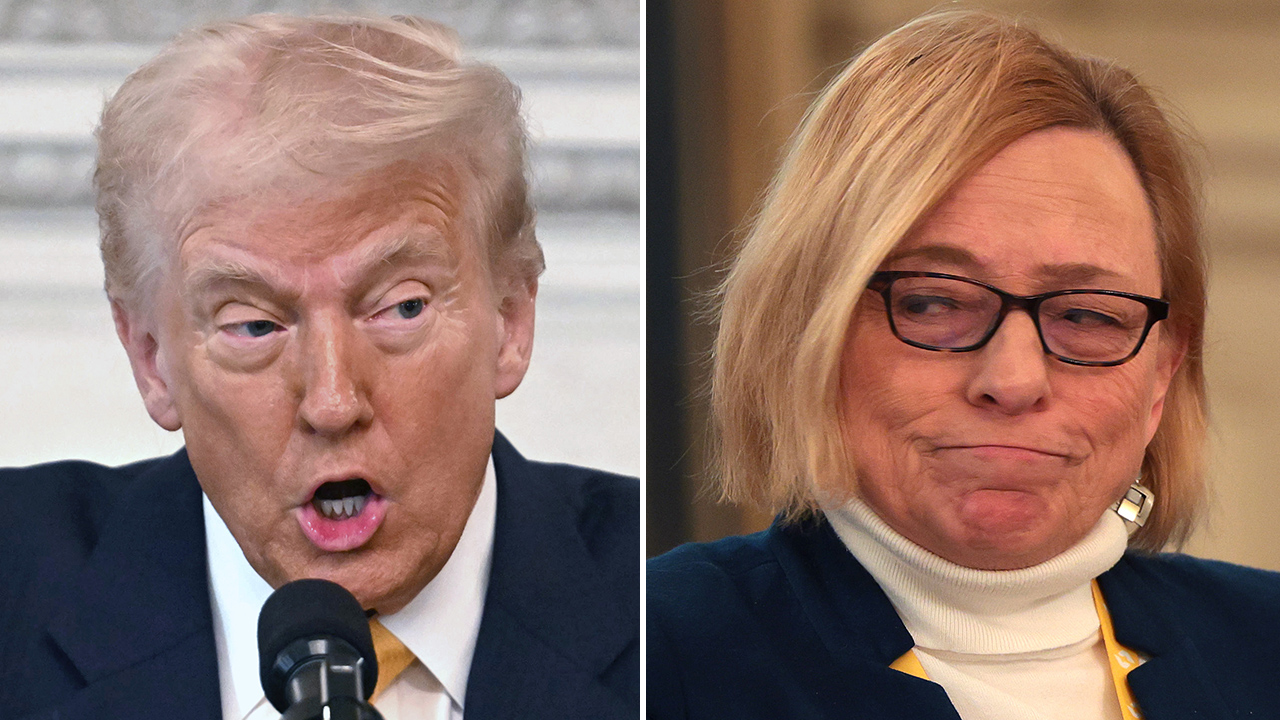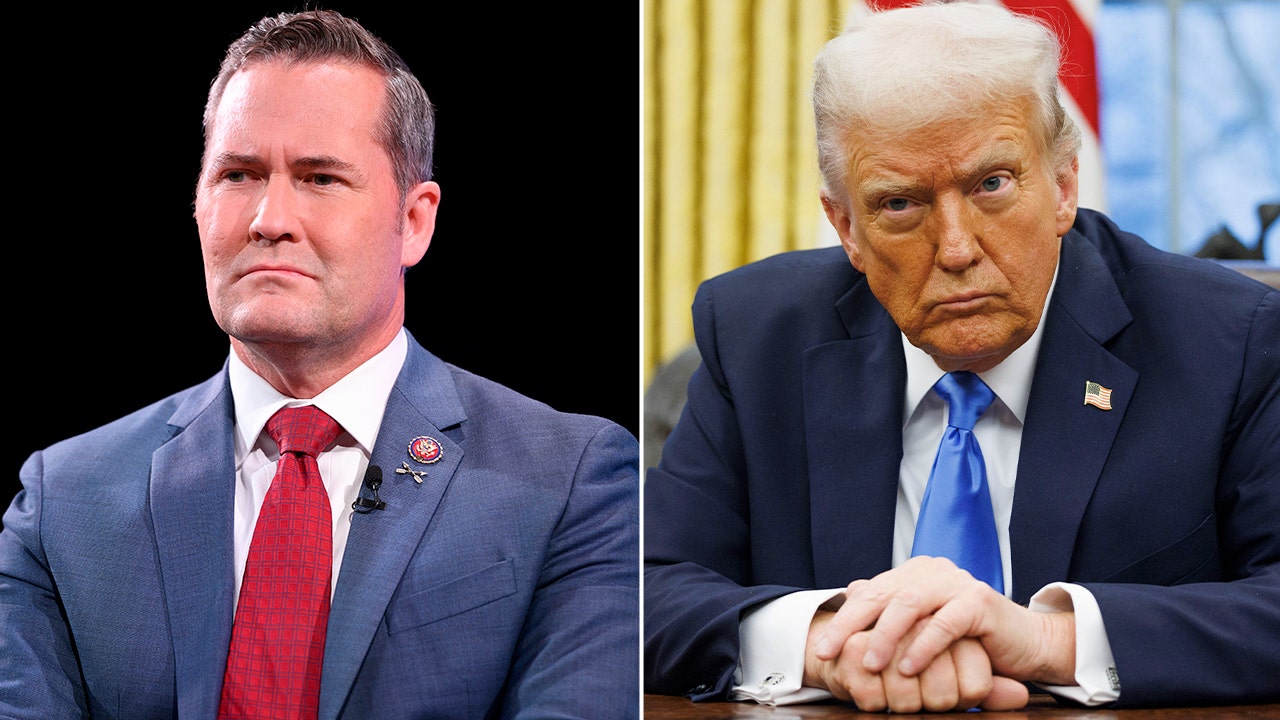Posted on Thursday, February 20, 2025
|
by Shane Harris
|
0 Comments
|
With the confirmation of Kash Patel to be the next Director of the FBI, President Donald Trump has unequivocally won the political war over his nominees, delivering a crippling blow to the left-wing smear machine and further solidifying the Republican Senate caucus behind his reform-minded agenda.
Patel won’t be an official member of Trump’s cabinet – the FBI falls under the purview of the Department of Justice, headed by Attorney General Pam Bondi. But his confirmation by the Senate on Thursday may nonetheless be the most significant to date, as he was the last of Trump’s high-profile nominees that Democrats believed they had a realistic chance of sinking.
Heading into Trump’s inauguration just one month ago, it looked as if several of the president-elect’s picks might be on shaky footing. The media was already circulating hit pieces on Defense Secretary nominee Pete Hegseth, describing him as a “Christian extremist” and alleging a history of sexual abuse.
Health and Human Services nominee Robert F. Kennedy Jr., meanwhile, was castigated as an anti-vaccine radical, despite his repeated insistence that he only wants more guardrails around vaccine safety. Drawing on one of their favorite Trump attack lines, Democrats and the media also smeared Tulsi Gabbard, Trump’s pick for Director of National Intelligence, as a puppet of Russian President Vladimir Putin, despite the fact that Gabbard served honorably in the Army National Guard, including a deployment to Iraq.
But Democrats reserved their most strident opposition for Patel, whom they repeatedly blasted as a “radical extremist” and “conspiracy theorist.” Patel had stated his desire to expose and hold the Deep State accountable, questioned the “official” narrative on the January 6 Capitol riot, and promised to bring more transparency to the FBI – all cardinal sins in the eyes of the Democrat establishment.
Initially, even some Republican senators had expressed reservations – or outright opposition – to one or more of these nominees. Moreover, Trump’s first nominee for Attorney General, former Representative Matt Gaetz, withdrew his name from consideration in late November amid serious questions about whether he could muster enough support among Senate Republicans.
With only a 53-47 GOP majority in the Senate, Trump’s nominees couldn’t afford to lose more than three votes. Democrats were still reeling from a disastrous November election, but derailing one or more of Trump’s picks seemed like a perfect opportunity to get their mojo back. If Democrats could throw a wrench in Trump’s effort to install anti-establishment figures throughout the government, they might yet have hope of sabotaging his second term from the inside.
Instead, the Senate has confirmed Trump’s nominees at a pace not seen since 2001 following the election of George W. Bush. Seventeen members of Trump’s cabinet have been confirmed, with just five to go.
The confirmation war should thus be remembered as an inflection point in the early weeks of Trump’s second term. In another era, it is easy to imagine some Senate Republicans caving to pressure from the media and elected Democrats to oppose these “unconventional” picks.
All of Trump’s nominees, but especially Patel, Gabbard, Kennedy, and Hegseth, explicitly promised to upend the status quo – something the political establishment wants to avoid at all costs. But with a few noteworthy defections, Senate Republicans held firm behind them – and more importantly behind Trump’s crusade to reshape the executive bureaucracy to make it more transparent and accountable to voters.
Senate Majority Leader John Thune deserves a great deal of credit in achieving this victory. Although some voices within the America First movement had reservations about Thune taking over for Mitch McConnell atop the GOP Senate caucus, in at least this instance he has proven himself an effective Trump ally.
Trump’s foresight in picking JD Vance as his running mate also shouldn’t be ignored. The vice president was meeting with his former Senate colleagues constantly throughout the confirmation process. More often than not, when Vance left the office of an on-the-fence Republican, that member soon announced their intention to support Trump’s nominee.
For their part, Democrats and their media allies are still scrambling to find some sort of footing in their opposition to Trump. They poured immense time and energy into trying to upend the nomination process, but ultimately they ended up mostly embarrassing themselves. The lasting images from the contentious hearings will be scenes like Bernie Sanders bizarrely demanding that Kennedy answer whether he supports certain baby clothes or Mark Warner shouting down Gabbard when she tried to answer his question.
In short, what could have been a much-needed victory for Democrats turned into yet another triumph for Donald Trump and Republicans.
There are undoubtedly more arduous challenges ahead for both the Trump administration and Senate Republicans. Trump’s cabinet officials will face no shortage of lawsuits and liberal opposition to their reform efforts. The Senate already appears to be at loggerheads with House Republicans over the best strategy for enacting Trump’s agenda.
But for the moment, at least, Patel’s nomination has given Trump and Republicans all the momentum and a victory worth celebrating.
Shane Harris is the Editor in Chief of AMAC Newsline.
Read the full article here








